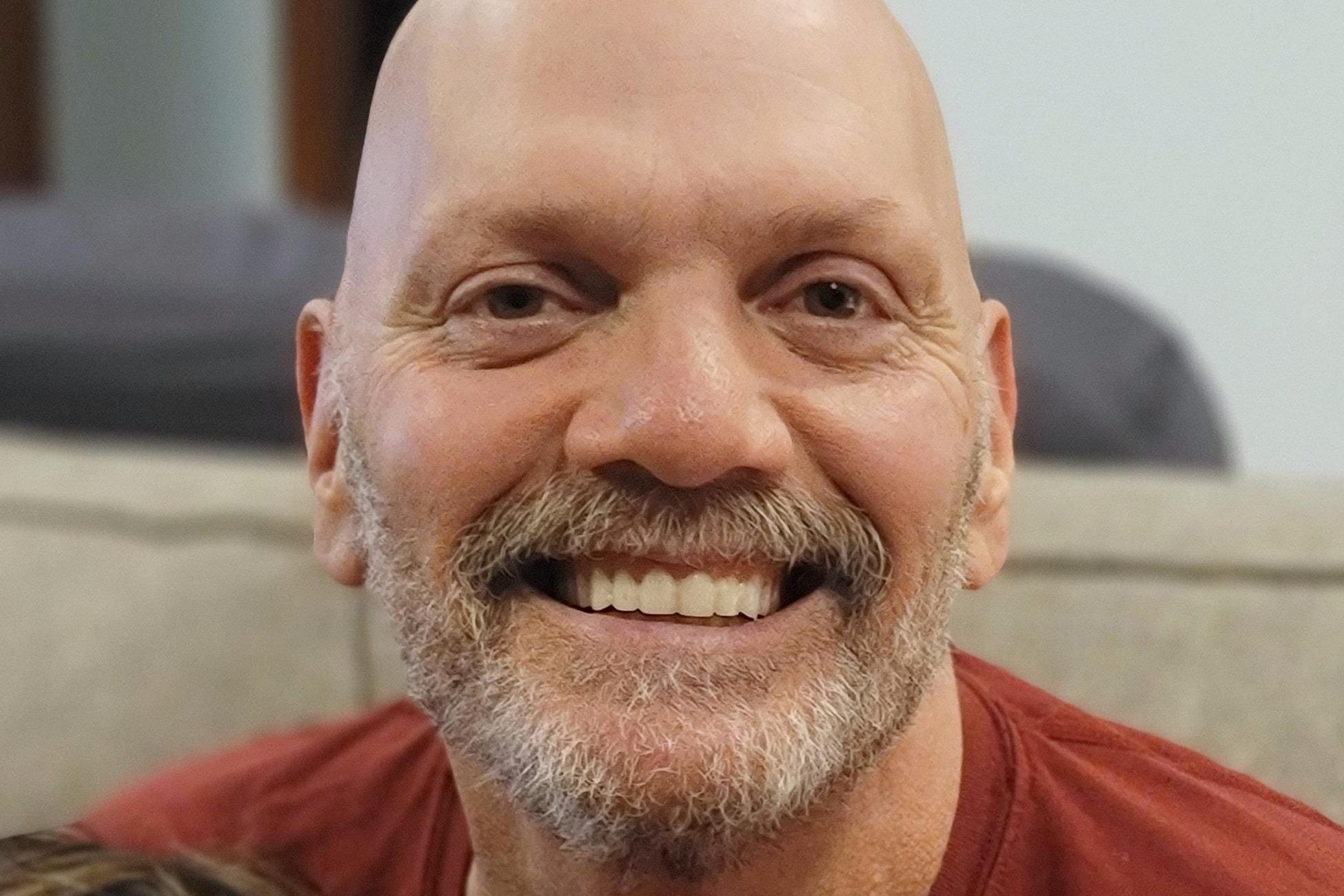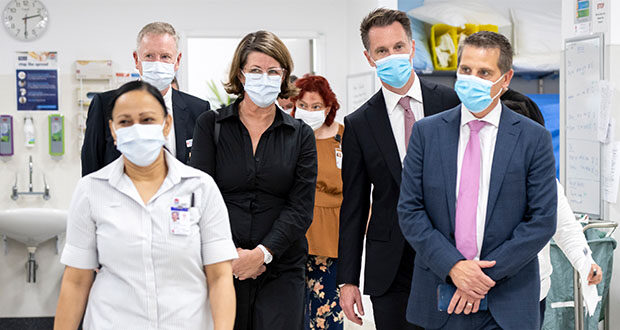A team of autistic midwifery researchers is hoping to “shine a light” on a community of neurodivergent health workers and students, and is calling for better workplace support for these individuals.
A midwifery lecturer, newly registered midwife and student midwife have produced a written paper focused on how midwives and educators can better “understand, teach and support” neurodivergent students and staff.
“I concluded that the system wasn’t always geared towards neurodivergent people”
Emilie Edwards
The trio has drawn up a series of recommendations for universities and clinical settings.
In an interview with Nursing Times, Emilie Edwards, midwifery lecturer at Middlesex University and a former independent midwife, told of the personal challenges and barriers she had experienced in her career as an autistic person and explained the importance of appropriate reasonable adjustments and valuing people’s strengths.
Having trained as a midwife, being in a ward environment had been “very overwhelming”, she said.
“It’s quite noisy, it is very bright [and] there are lots of different smells,” she explained. “It can become incredibly busy and go from zero to 100 in very little time.”
Emilie Edwards
While she said she was able to deal with this on shift, often when she returned home she was “completely overloaded and exhausted”.
“As a student, and as a professional, I’ve encountered different challenges and barriers and things that have been really difficult to work with,” Ms Edwards said.
“And I concluded that the system wasn’t always geared towards neurodivergent people.”
It was her view that “neurodivergent people are expected to adapt” in the workplace.
However, she believed there should be a greater focus on neurodivergent people’s strengths, and to adapt the system to “the people and to our diversity and to our varieties”.
Ms Edwards described being “really fortunate” to have had an understanding clinical practice facilitator and university that supported her while she was in training, and she soon discovered that working in academia was where she wanted to be.
But overall, she felt not enough was being done to support neurodivergent health professionals or to give them the reasonable adjustments they needed.
In some cases, this was driving these staff members out of the health service, she said.
“We aren’t really doing very much to support them. That, along [with the fact that] healthcare in general is a difficult role or a difficult job to be in, when you add to the pressures of the NHS currently, and then you add to that being neurodivergent and not being given reasonable adjustments and an environment in which to thrive, that goes to lead to really high levels of burnout,” said Ms Edwards, who won Educator of the Year at the Student Nursing Times Awards this year.

Nicolette Porter
She added: “For me, it is really important as an autistic person, but also as a midwifery lecturer and healthcare professional, to shine a light and to be a role model and to give people a voice to be able to start to change things.”
Ms Edwards has teamed up with Nicolette Porter, a newly registered midwife, and Sophie Rayner, a third-year student midwife at the University of Leicester, who also are autistic, to write a series of articles about neurodiversity.
One article explored their experiences as neurodivergent health professionals and offered recommendations that could help make midwifery education “more inclusive and sustainable”.
Writing in the piece, Ms Rayner said being autistic had “amazing strengths” for her degree.
She said she had “hyper-fixations and special interests that mean I learn deeply about certain subjects”.
“I have a unique aptitude for spotting patterns in learning and practice and I am hyper empathetic,” she wrote.
“After seriously considering dropping out throughout my first year, I can now appreciate my strengths and passions.”
However, she said she does “struggle” and that disclosing that she is autistic on placement “can be difficult”.
“I know what I need to help me succeed, but it requires increased awareness and the ability to accommodate disability,” added Ms Rayner.
Among the paper’s recommendations, it suggested universities should offer “a flexible, yet consistent syllabus” and teach with “different modalities and offer alternative assessment styles”.

Sophie Rayner
Relevant disability services should also be signposted to all students, said the paper, and universities should make an effort to understand their students’ “behavioural style and their ‘normal’”.
Meanwhile, in placement settings, clear and direct communication for neurodivergent students was vital and complex euphemisms should be avoided, said the paper.
Placement staff should also provide “constructive feedback” in a “private space and in one-to-one sessions”, the authors suggested.
Neurodivergent students should also be given “additional support for documentation, as this can be a complex skill” for individuals to comprehend, the paper recommended.
Clinical placement settings must also ensure the workforce was offered “disability awareness training” and that a “stable point of contact for students” was in place.
The midwifery team has also written a second paper focused on “providing sensitive antenatal care for autistic women and birthing people”.







